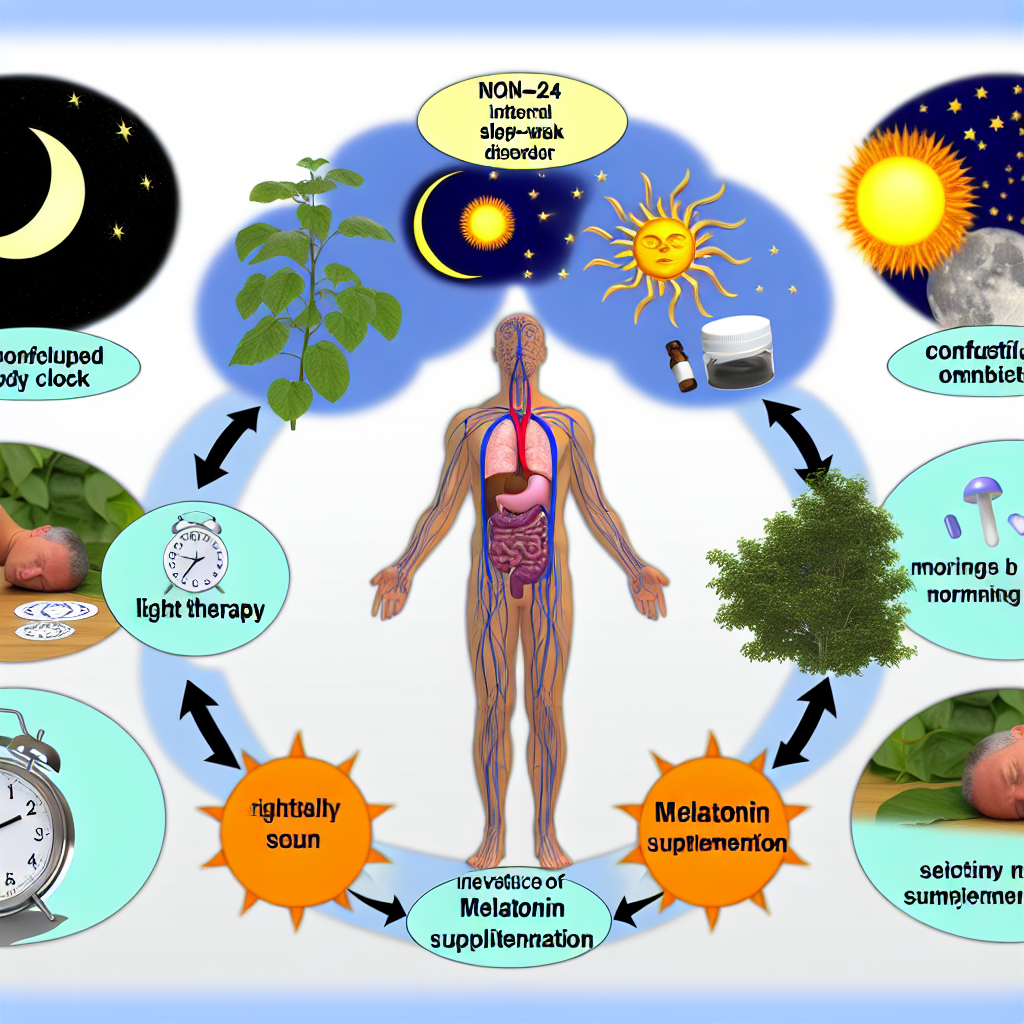Work-Related Stress and Its Impact
Stress caused by one’s place of employment is a significant factor that contributes to the development of disorders such as anxiety and sleeplessness. An individual’s mental and physical health may suffer as a result of the persistent pressure, demanding workloads, and job uncertainty that they experience.
The Role of Cortisol in Work-Related Stress
The rise of cortisol levels in the body is one of the ways that chronic stress can have a detrimental impact on our health. This is one of the ways that chronic stress can have a negative influence. The cortisol, frequently called the “stress hormone,” is essential in how our bodies react to stress.
Cortisol’s Impact on Body Functions
Our metabolism, immunological system, and inflammatory levels are all regulated by it. Chronic stress, on the other hand, might cause our cortisol levels to remain persistently high, which can disrupt our sleep patterns and lead to feelings of worry.
The Vicious Cycle of Stress and Sleep Disruption
When our bodies are always in a state of stress, it is possible that our cortisol levels will remain raised throughout the day. This will make it harder for us to relax and fall asleep at night. This may result in sleeplessness, making it even more difficult for us to deal with stress and ultimately creating a vicious cycle.
The Link Between Cortisol and Anxiety Disorders
High levels of cortisol have also been associated with an increased risk of anxiety disorders. This is because hormones can influence the brain chemicals responsible for regulating emotions and moods.
Importance of Stress Management
In light of this, it is of the utmost importance to discover methods of stress management and reduction to keep cortisol levels at a healthy level and encourage better sleep and mental well-being. Reducing cortisol levels and increasing general mental health can be accomplished by practicing relaxation techniques, maintaining a regular exercise routine, and soliciting Support from loved ones or a therapist.
Addressing the Root Cause of Chronic Stress
If we address the underlying source of chronic stress and make efforts to manage it properly, we can move toward a healthier and more balanced lifestyle.
Cognitive Overload and Its Effects
An excessive amount of mental demands can result in difficulties concentrating, anger, and anxiety. This is referred to as cognitive overload.
The Relationship Between Work Stress and Insomnia
Insomnia: Being concerned about one’s job might prevent one from getting enough sleep, leading to a vicious cycle of stress and tiredness.
Strategies for Managing Work-Related Stress
When managing your time, you should prioritize work, establish attainable goals, and divide major undertakings into smaller parts.
The Importance of Work-Life Balance
Establishing clear boundaries between your personal and professional life is essential for achieving work-life balance.
Relaxation Techniques for Stress Management
Yoga, meditation, and deep breathing are all examples of relaxation techniques that can be included in stress management techniques.
Seeking Support for Stress Management
Seek Support Tell your coworkers, friends, or family members about the amount of stress you are experiencing.

Dominic E. is a passionate filmmaker navigating the exciting intersection of art and science. By day, he delves into the complexities of the human body as a full-time medical writer, meticulously translating intricate medical concepts into accessible and engaging narratives. By night, he explores the boundless realm of cinematic storytelling, crafting narratives that evoke emotion and challenge perspectives.
Film Student and Full-time Medical Writer for ContentVendor.com




